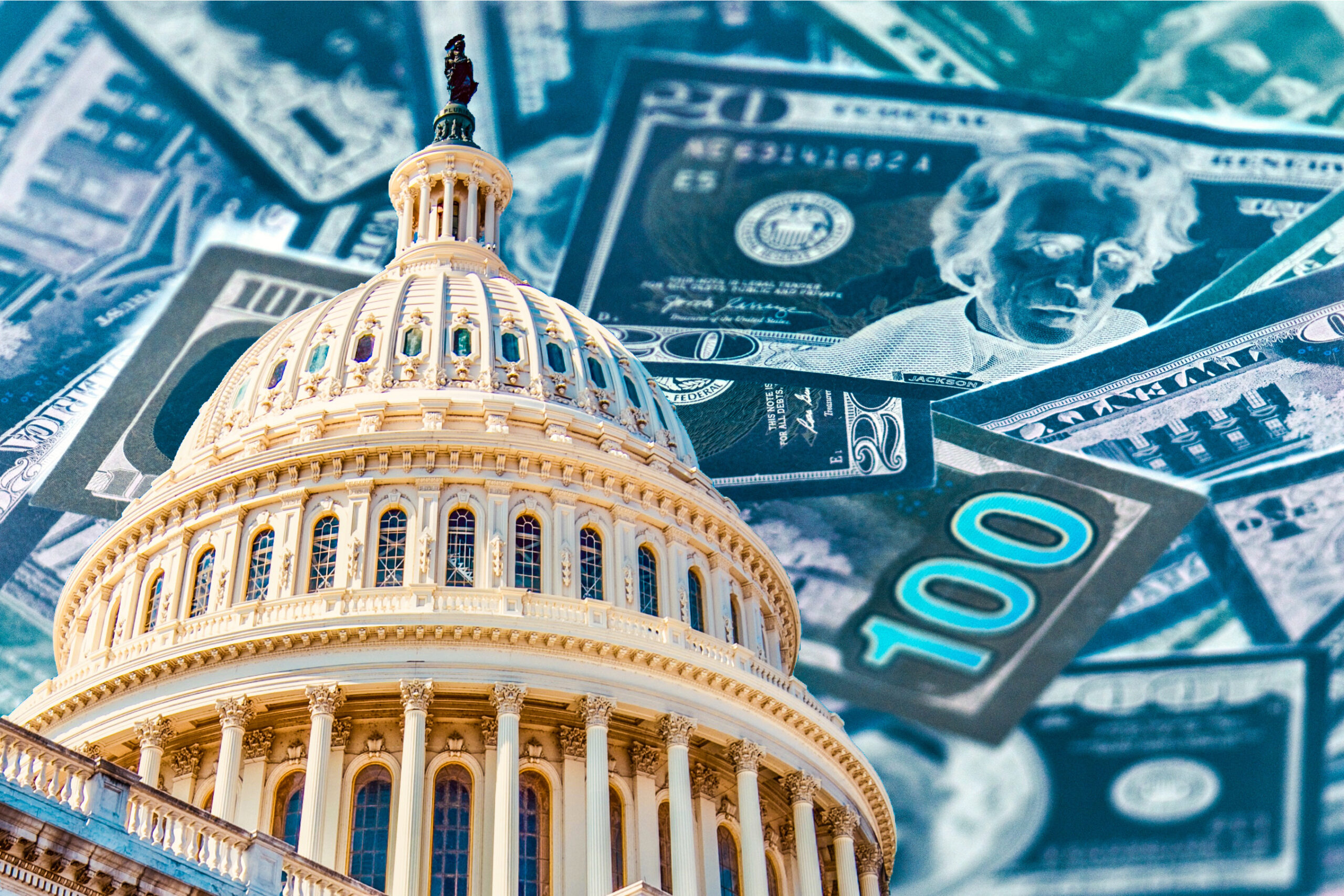The Big Lie of the January 6 "insurrection" is falling apart before our eyes.
Biden’s Big Brother

The White House unveils a sweeping plan to tackle AI-spawned sleaze.
In a bold move to address the proliferation of non-consensual sexual images generated by artificial intelligence (AI), the Biden Administration has introduced comprehensive new measures that could significantly endanger user privacy and ignite widespread surveillance concerns. The administration’s proposals, detailed in a recent White House press release, call for significant changes in the tech industry and financial institutions to curb the creation and distribution of AI-generated abusive sexual images.
A cornerstone of these measures is the implementation of on-device technology to prevent the sharing of non-consensual sexual images. The administration emphasized that “mobile operating system developers could enable technical protections to better protect content stored on digital devices and to prevent image sharing without consent.” This initiative, however, suggests that mobile operating systems would need to scan and analyze images directly on users’ devices to ascertain whether they are sexual or non-consensual, a proposition that raises substantial privacy concerns.
Such surveillance would involve the continuous monitoring and analysis of private content stored on personal devices. The implications of this approach should spark a robust debate over the balance between combating harmful content and protecting individual privacy. After all, the extensive surveillance required to implement these measures could lead to unintended consequences, including misuse of personal data and overreach of the agencies involved.
In addition to on-device technology, the administration is calling on mobile app stores to “commit to instituting requirements for app developers to prevent the creation of non-consensual images.” At its core, the mandate encompasses a wide array of applications, ranging from image editing to surveillance measures designed to monitor and analyze user activities on digital devices. This level of scrutiny, if normalized, could pave the way for the censorship of content beyond its initial scope, raising questions about the breadth of government oversight in the digital sphere.
To implement this mandate, the White House is calling upon a diverse array of stakeholders, including AI developers, financial institutions, and tech giants such as Amazon, Google, Meta, and Microsoft, to address the creation, dissemination, and monetization of non-consensual AI-generated content, particularly sexual imagery. While the initiative builds upon voluntary commitments previously secured by the Biden Administration from major technology firms, concerns linger about the need for comprehensive legislative action to enforce these safeguards effectively.
The administration’s proposals, while ostensibly aimed at curbing illicit content, should raise numerous red flags among privacy advocates who worry about the normalization of intrusive surveillance measures. Of particular concern is the call for on-device surveillance to detect and prevent the sharing of non-consensual sexual images, which would entail continuous monitoring and analysis of personal content. Such measures could set a dangerous precedent for broader forms of digital content scanning, with implications for individual privacy and civil liberties. As discussions surrounding digital surveillance and content moderation continue to unfold, the ominous shadow of mission creep looms large. The infrastructure established for monitoring non-consensual imagery could be repurposed or expanded to other areas, underscoring the need for robust safeguards and legislative oversight to prevent potential abuses of power in the digital age.
History provides a cautionary tale about the balance between security and privacy. Under the guise of protecting national security and U.S. citizens, the U.S. government has previously engaged in widespread surveillance of its populace, often violating privacy in the name of “safety.” During the height of the Cold War era, for example, where heightened geopolitical tensions created a climate of pervasive suspicion, the FBI initiated the infamous COINTELPRO program. Ostensibly targeting domestic dissidents and perceived threats to the established order, COINTELPRO indiscriminately surveilled civil rights activists, anti-war protestors, and political dissidents, thereby trampling upon the freedoms enshrined within the First Amendment.
Similarly, the post-9/11 landscape witnessed a seismic recalibration of the surveillance apparatus, with counterterrorism efforts resulting in the now infamous Patriot Act. In addition to providing law enforcement agencies with enhanced tools to combat the threat of global terror, the legislation conferred sweeping powers upon the executive branch, fostering a climate of unchecked surveillance. Revelations by whistleblowers such as Edward Snowden laid bare the Orwellian contours of mass data collection programs orchestrated by intelligence agencies. Today, the symbiotic relationship between state surveillance apparatuses and corporate behemoths has created a dystopian Panopticon, where the minutiae of everyday existence are subject to scrutiny.
The debate over these proposals reflects a broader struggle to balance the benefits of technological advancements with the need to protect individual freedoms. As AI continues to evolve and permeate various aspects of life, the challenge will be to develop regulatory frameworks that safeguard against abuse while fostering innovation and protecting privacy.
As these measures move through the legislative process, it is important that we all, regardless of our political ideologies, engage in a robust dialogue that considers the full spectrum of implications. The question remains whether the proposed approach strikes the right balance or if it heralds a new era of digital surveillance that could erode the very freedoms it seeks to protect. This is a valid question, and it demands thoughtful and measured answers. Americans have been burned before.
The American Mind presents a range of perspectives. Views are writers’ own and do not necessarily represent those of The Claremont Institute.
The American Mind is a publication of the Claremont Institute, a non-profit 501(c)(3) organization, dedicated to restoring the principles of the American Founding to their rightful, preeminent authority in our national life. Interested in supporting our work? Gifts to the Claremont Institute are tax-deductible.
The regime is set on full-spectrum destruction of its enemies.
The Biden Administration would like to end the tradition of generational military service.
Chronic counterterrorism lapses at the border demand investigation and congressional intervention.
The Biden Administration’s student loan forgiveness program sacrifices the country’s fiscal health for a shot at winning in November.
Progressive opposition to Israel’s military operation is rooted in racism and antisemitism.






